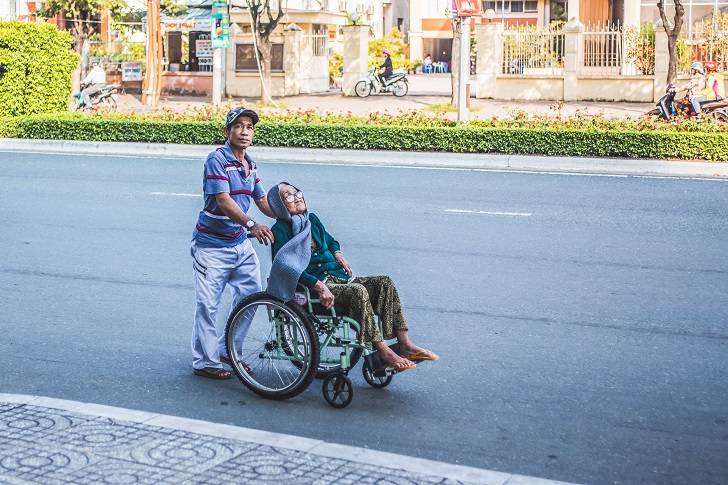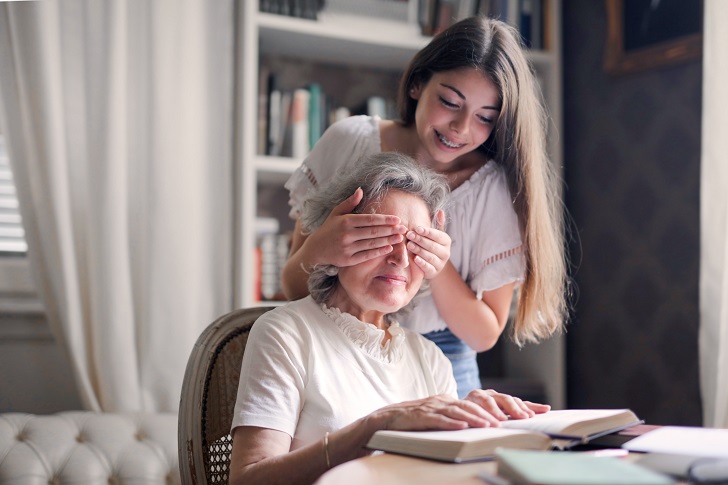In an increasingly interconnected world, witnessing the prevalence of senior citizen loneliness is incredibly disheartening. The elderly population often faces isolation and a lack of meaningful connections, which is detrimental to their overall well-being. To address this pressing issue, raising awareness among the younger generation and empowering them to make a difference is crucial.
By understanding the causes and impact of senior citizen loneliness, educating youth on this issue, fostering empathy and compassion, and implementing effective strategies to spread awareness, we can work together to combat senior citizen loneliness and create a more inclusive society.
Understanding Senior Citizen Loneliness
Senior citizen loneliness refers to the experience of social isolation and a lack of meaningful connections among older adults. It is essential to recognize that this is not merely a result of physical isolation but also a deep emotional and social disconnect. Loneliness among seniors can have severe consequences on their physical, mental, and emotional well-being.

Zhanzat Mamytova / Pexels | Having meaningful connections in old age is essential for peace and positivity among the senior community
The causes of senior citizen loneliness are varied, including factors such as retirement, loss of loved ones, limited mobility, and changing social structures. By understanding these causes, we can develop empathy and a greater understanding of the challenges faced by older adults in our society.
Educating Youth on Senior Citizen Loneliness
To combat senior citizen loneliness, it is crucial to educate the younger generation about this issue and its impact on the lives of older adults. Incorporating awareness of senior citizen loneliness into school curricula is an effective way to reach many youth.
Students can better understand the causes, consequences, and potential solutions to address this issue by integrating lessons or modules on senior citizen loneliness. Providing age-appropriate educational materials, including real-life stories and examples, can help youth develop empathy and compassion towards seniors.
Additionally, schools can organize awareness campaigns and events focused on senior citizen loneliness. These initiatives can include inviting guest speakers, such as social workers, geriatric specialists, or seniors, to share their experiences and insights. Workshops and interactive activities can be designed to engage youth in discussions, allowing them to explore the challenges faced by seniors and brainstorm solutions.

Street Windy / Pexels | Lack of social connections not only affects the mental but also physical well-being of senior citizens
Fostering Empathy and Compassion
Empathy and compassion are essential in combating senior citizen loneliness. Encouraging intergenerational programs can create opportunities for youth to engage with seniors and develop meaningful connections. By participating in activities and programs that bring different generations together, youth can gain a greater understanding of the challenges faced by older adults.
Visiting local senior centers can provide firsthand experiences, allowing youth to interact with seniors and learn from their wisdom and life experiences. These interactions can help break down stereotypes and bridge understanding between generations.
Furthermore, fostering empathy and compassion can be achieved through community service initiatives. Volunteering at organizations that support senior citizens, such as nursing homes or community centers, allows youth to contribute directly to combating senior citizen loneliness.
By engaging in activities that provide companionship, assistance with daily tasks, or organizing social events, youth can positively impact older adults' lives.
Implementing Strategies to Spread Awareness
In addition to educating youth and fostering empathy, it is important to implement effective strategies to spread awareness about senior citizen loneliness. Some strategies include:
Social Media Campaigns
Utilize social media platforms to share stories, statistics, and information about senior citizen loneliness. Engage youth by encouraging them to share posts and raise awareness within their networks.

Andrea Piacquadio / Pexels | We can fight Elderly Isolation by showing them Empathy and Compassion
Youth-Led Events
Empower youth to organize events, such as workshops, seminars, or fundraisers, to raise awareness about senior citizen loneliness. This allows them to take ownership of the cause and engage their peers in meaningful conversations.
Collaboration With Community Organizations
Partner with local community organizations, youth groups, and schools to organize awareness campaigns, workshops, or volunteering initiatives focusing on senior citizen loneliness.
Engaging Youth Ambassadors
Select passionate youth ambassadors who can advocate for combating senior citizen loneliness. These ambassadors can speak at events, share their experiences, and inspire their peers to get involved.
Collaboration With Media
Work with local newspapers, radio stations, or television channels to highlight stories and initiatives related to senior citizen loneliness. This can help reach a wider audience and generate public interest.










